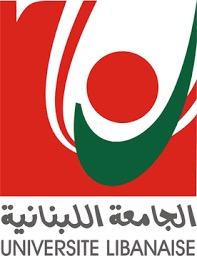This special session is organised and supported by the Lebanese University, Lebanon.
Session Chair:
- Prof. Ismail Abbas, Chemistry and Biochemistry Department
Lebanese University, Lebanon.
Session Co-Chairs:
- Dr. Sulaf Assi, Liverpool John Moores University, United kingdom.
- Assist. Prof. Yasir Abdulmajeed Mohammed Nick, University of Anbar, Iraq.
Session Committee:
- TBC
Synopsis:
The theme of this conference session is “Evaluating Impacts of Technological Innovation on Wastewater Treatment”. It aims to discuss the latest technologies in wastewater treatment, reuse, and resource recovery. At this international conference, new insights into how pioneering science, technological innovation and leading practices influence the significant revolution in water management will be explored. The multidisciplinary focus of this session also aims to bring together speakers and attendees from different fields with expertise in various areas of wastewater treatment, providing an excellent opportunity to participate in the exchange of ideas, current strategies, concepts and best practices, collaborations, and cooperation, offering a broader perspective and more enriching experience.
Topics:
We invite the participation of leading academic scientists, researchers, and scholars in the domain of interest from around the world to submit original research contributions relating to all aspects of:
Control of water pollution
Wastewater treatment technologies (Sewage, Industrial and Agricultural)
Energy Efficient Water and Wastewater Management
Solar and algal based water technologies
Advanced materials – nanotechnology and new membranes
Digitalisation of Water Management and Assets
Safety and Water quality
Water policy and Water cycle
Resource recovery and safe reuse
Paper Submission:
| Prospective authors are invited to submit full-length papers (not exceeding 6 pages) conform to the IEEE format . All papers will be handled and processed electronically via the EDAS online submission system. |


